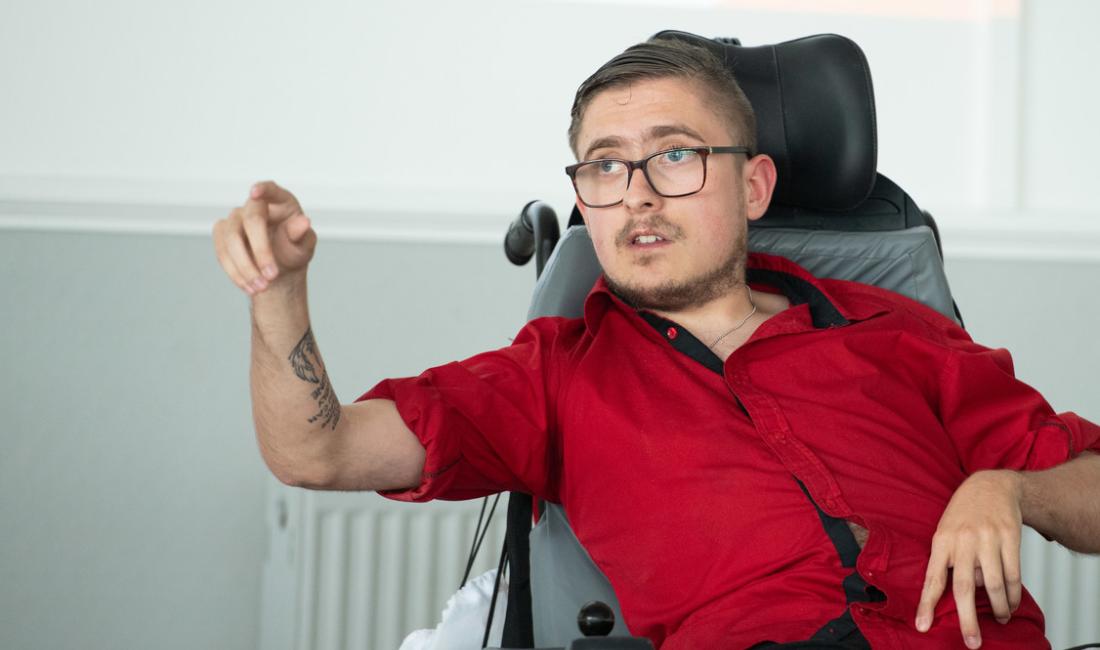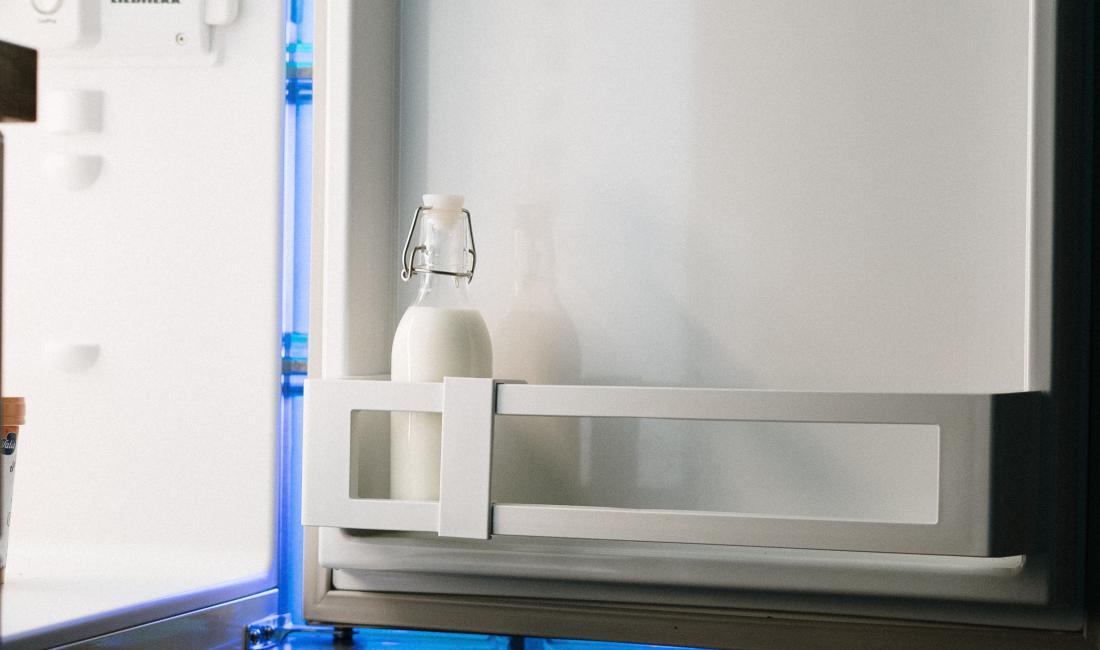We Care for Equality
Disabled people have the right to good social care. We're campaigning to make that right a reality.

We are Leonard Cheshire and we provide support to people with disabilities to live, learn and work as independently as they choose whatever their ability.
We offer a variety of services including residential and supported living, therapy suites, social activities as well as training.
We believe in building a fairer, more inclusive society. One that recognises the positive contributions we all make.
"Getting involved with Leonard Cheshire was a game-changer. For years I thought I wouldn't find paid work that suited my campaigning skills because of my disability. But Leonard Cheshire gave me the chance to develop my skills and build my experience."
Joshua Reeves, Campaigns Support Officer (Wales)

Rising costs will soon leave me out of options
One of our supporters told us about the impact the cost of living crisis is having on their life and why they're scared for the future.
"I've become an expert in frugality, owing to the ever-increasing difficulty of making ends meet on disability benefits that have not been adequately adjusted for inflation and rising costs."

Stories, blogs and podcasts
Many disabled people may be feeling gaslighted today
Amy Little, our Head of Advocacy, responds to the Prime Minister’s speech on welfare.

News
I couldn’t be happier
Support like yours helps people like Laura to achieve things they never thought were possible.

Story
Podcast: Care, relationships and why the Budget fails disabled people
Disabled campaigner Kerry Thompson speaks powerfully on social care, relationships and how the Chancellor’s Budget desperately needed to more for disabled people.

Podcast




